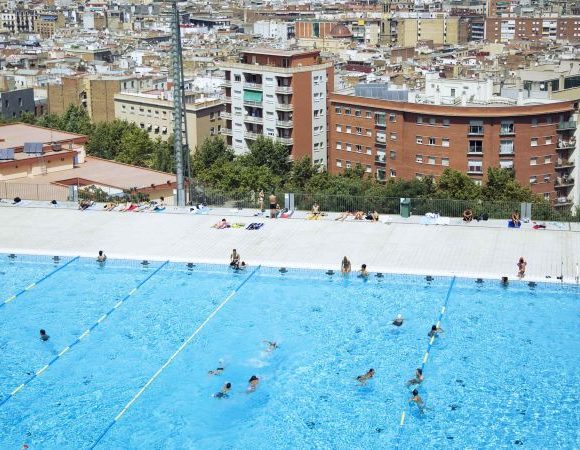
The recent tragic killing of 22-year-old Giulia Cecchettin in Italy by her ex-boyfriend has ignited a national conversation about violence against women. Giulia was on the verge of graduating in biomedical engineering when she disappeared with her ex-boyfriend Filippo Turetta. Subsequent CCTV footage revealed her brutal murder, with Turetta assaulting her in a car park, using duct tape to silence her, and ultimately fatally attacking her in an industrial area.
This incident has fueled public outrage and grief, prompting widespread protests, vigils, and discussions about the pervasive issue of violence against women in Italy. The case has drawn attention to the deeply entrenched patriarchal attitudes in the country, with many women expressing concerns about the normalization of controlling and violent behavior by men.
Giulia’s killing is part of a larger pattern, as data from the Italian interior ministry indicates that 106 women have been killed in Italy this year, with 55 allegedly by a partner or ex-partner. The incident has led to an increase in calls to Italy’s anti-violence hotline.
The tragic event has also prompted discussions about the broader societal issues contributing to gender-based violence. Some argue that the resentment of women’s independence is a significant factor in toxic relationships, where violent men struggle with their partners’ success.
Filippo Turetta, who studied the same subject as Giulia, was arrested in Germany after a week-long international manhunt. Despite not being formally charged yet, he is set to be extradited to Italy. The case has brought attention to the need for societal change, with calls for educational campaigns and legislative measures to combat misogynistic violence.
Giulia’s sister highlighted the responsibility of men in addressing the patriarchal norms that contribute to gender-based violence. The outcry has led to unanimous approval by the Italian Senate for new legislation strengthening measures against gender violence, including stricter restraining orders and increased surveillance on perpetrators.
Despite these developments, critics argue that more needs to be done to combat the deeply rooted problem of gender-based violence in Italy. The incident has sparked hope among advocates that the widespread anger and demand for change will lead to a transformative shift in Italian society.
Picture Courtesy: Google/images are subject to copyright

